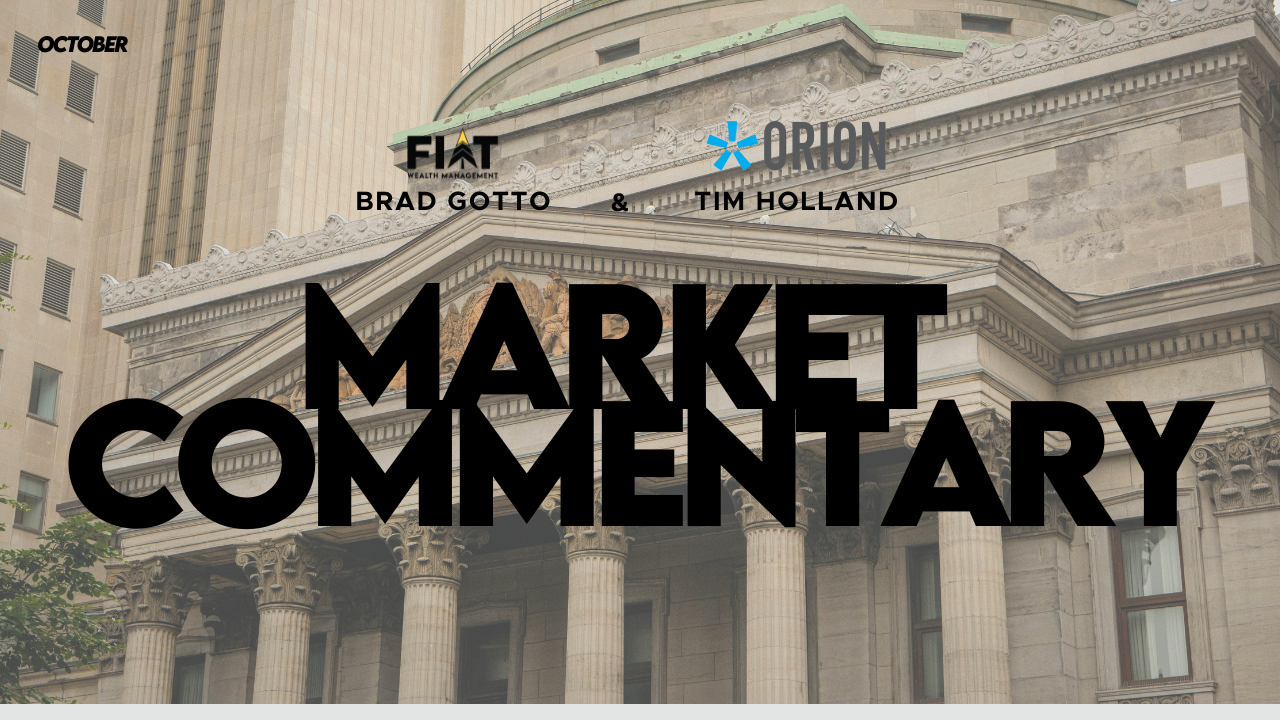Is a recession on the horizon? While it's impossible to say for certain, some telltale signs suggest one may be coming our way. If you're worried about what a recession could mean for you and your family, read on for the most important things you need to know. By being aware of the warning signs, you can prepare yourself for whatever may come.
It's the question on everyone's mind: is a recession coming? While no one can say for certain, there are a few economic signs that indicate that a recession may be in the near future. For example, many economists believe that a recession is likely when the yield curve inverts. This is when short-term interest rates are higher than long-term rates, and it's often seen as an indication that lenders are expecting economic growth to slow in the future. Of course, only time will tell if these indicators lead to an actual recession. But for now, it's important to keep an eye on these economic signs and be prepared for whatever the future may hold.
In this blog, we will cover some of the most prominent signs that could indicate a recession is coming. But before we dive in, it’s important to understand what a recession is. The National Bureau of Economic Research defines a recession as a “significant decline in economic activity that is spread across the economy and that lasts more than a few months.” This can lead to a decrease in employment, a rise in unemployment, and a general slowdown in activity across the economy.
Now that we’ve reviewed what a recession is, let’s take a look at some of the key indicators that could signal one is on the horizon:
Rising Interest Rates
Rising interest rates could be an indicator of a possible recession in the year 2022. While this is just one economic sign, it's worth paying attention to. After all, a recession is defined as two consecutive quarters of negative economic growth. So while we can't say for certain that a recession is coming this year, we can certainly say that it's a possibility.
As we all know, interest rates are at an all-time low. This is great news for borrowers, but not so much for savers. However, some experts are predicting that this could change in the next few years. Rising interest rates could be an indicator that the economy is starting to cool off. After all, when interest rates are low, it's typically a sign that the economy is doing well. Conversely, when interest rates start to rise, it can be an indicator that a recession is coming.
We understand that during a time of uncertainty, it can be hard to know how to invest. If you are looking for more information on investing strategically during this season, check out our blog!
Declining Home Values

Of course, declining home values is just one of many economic indicators that experts use to predict recessions. Others include rising unemployment, falling stock prices, and declines in consumer spending. So while it's certainly a cause for concern, it's by no means a guarantee that a recession is on the way. Only time will tell for sure.
Unemployment Rates Rising
There's no denying that the unemployment rate in the United States is on the rise. In fact, according to the latest data from the Bureau of Labor Statistics, the rate has increased by 0.4 percentage points since last year. This uptick is just one of many economic signs that indicate that the country is heading into a recession.
As more people lose their jobs, consumer spending tends to decrease, which can further sluggish economic growth. As more and more people lose their jobs, they have less money to spend, which can lead to a downward spiral in the economy. There are other signs that a recession may be on the horizon, but rising unemployment rates are one of the most closely watched indicators.
While these economic trends are worrying, it's important to remember that recessions are a natural part of the economic cycle. They typically last for about 12 months, and while they can be painful in the short-term, they also create opportunities for new businesses and industries to emerge. So, while the rising unemployment rate is certainly cause for concern, it's not necessarily cause for panic.
Stock Market Volatility
The stock market is a notoriously volatile place, and economic signs can have a big impact on market movements. A strong jobs report, for instance, can boost confidence in the economy and lead to higher stock prices. Conversely, a weak jobs report can cause investors to sell off stocks in anticipation of economic trouble. In addition to economic indicators, political events can also cause the stock market to fluctuate. Uncertainty surrounding trade negotiations or an impending election, for example, can lead to increased volatility. While the stock market can be a risky place, it can also offer opportunities for investors who are willing to take on some risk.
Investors who are looking to take on less risk may want to consider investing in exchange-traded funds (ETFs). ETFs are a type of investment that provides exposure to a basket of assets, such as stocks, bonds, or commodities. This diversification can help to mitigate some of the risks associated with investing in individual stocks. By understanding the factors that drive stock prices up and down, investors can make more informed decisions about when to buy and sell.
Political Instability

Economic Growth is Slowing Down
When the economy is growing rapidly, it's a sign of good times. Consumers are confident, businesses are expanding, and there are plenty of jobs to go around. However, when economic growth starts to slow down, it's a sign that a recession may be on the horizon. This is because economic growth is one of the most important indicators of a recession. slowdown in economic growth can be measured by looking at things like Gross Domestic Product (GDP) and employment figures. If GDP growth starts to slow down, it's a sign that the economy is cooling off and a recession may be on the horizon. In the United States, GDP growth has been slowing down in recent quarters, which is a cause for concern. However, it's important to remember that economic growth can fluctuate from quarter to quarter, so we may not be in a recession just yet. Only time will tell for sure.
While there’s no way to know for certain whether a recession is on the horizon, it’s important to be prepared for the worst. By understanding what a recession could mean for you and your family, you can take steps now to protect yourselves financially. If you have any questions or need help getting started, don’t hesitate to reach out to us. We’re here to help you through these difficult times. Stay strong – we’ll get through this together!
This page is a publication of Fiat Wealth Management, LLC. The firm is registered as an investment adviser and only conducts business in states where it is properly registered/notice filed or is excluded from registration requirements. Registration is not an endorsement of the firm by securities regulators and does not mean the adviser has achieved a specific level of skill or ability.
The information presented is believed to be current. It should not be viewed as personalized investment advice. All expressions of opinion reflect the judgment of the authors on the date of publication and may change in response to market conditions. You should consult with a professional advisor before implementing any strategies discussed. Content should not be viewed as an offer to buy or sell any of the securities mentioned or as legal or tax advice. You should always consult an attorney or tax professional regarding your specific legal or tax situation.













.png)